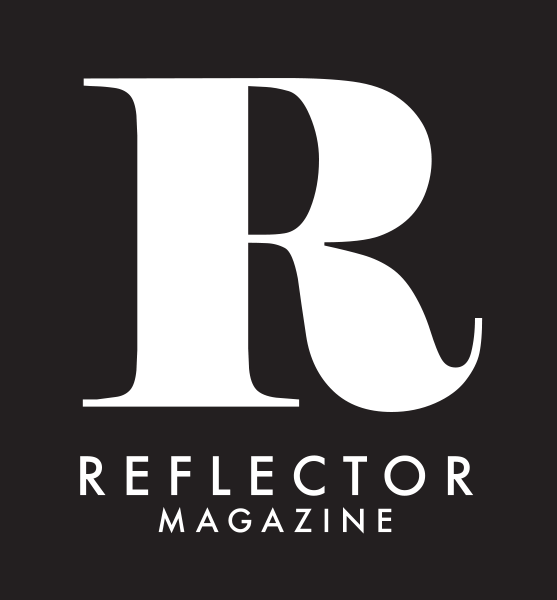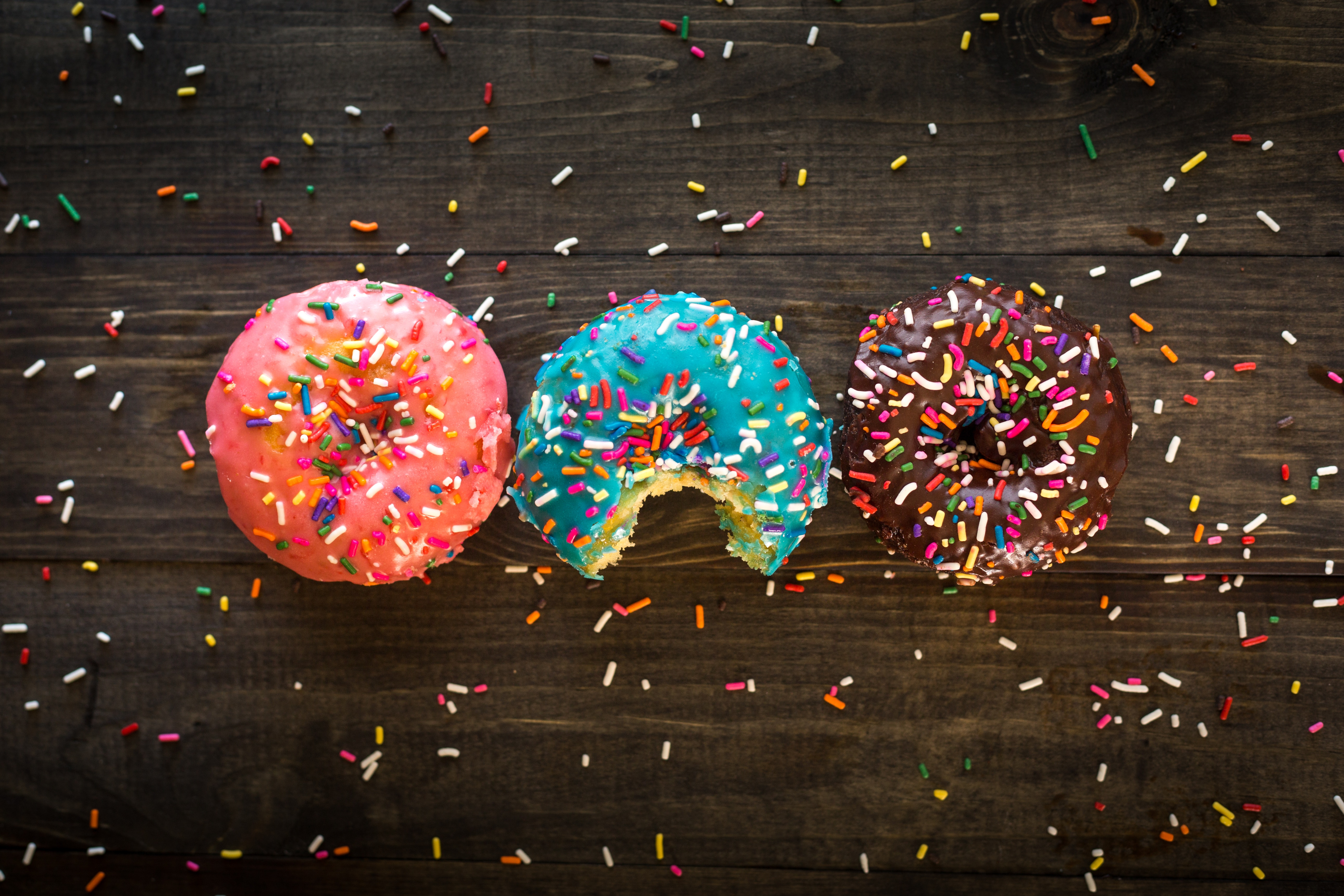I remember watching Obama’s first election on the television in my eighth grade history class and more vividly, I remember never hearing, but sensing the tension among “grownups” surrounding me about it. As a child, the several debated political issues in society seldom directly or indirectly affected my life, so politics were of little concern to me. As I have grown up, the inevitable realization that politics will now affect multiple aspects of my life has fueled the molding of my specific political identity.
Although the few minor “rites of passage” I was granted upon turning 18 excited me, one was obviously of the highest importance. This newly discovered right quickly drew my wide-eyed curious mind closer to politics. Wow, how exciting was the right to be considered “adult”, to get a new driver’s license, to be old enough for marriage and tattoos and cigarettes? But how much more exiting was it to know my voice would mean more than it had before, to know that in the 2016 election, I would be able to express my voice, to plant my decision, my own opinion of who is fit for our presidency on a ballot?
In three fleeting years, I would exercise my gracious right as a citizen and become part of history. The thought of it was invigorating and the knowledge of my “very special” role drew me closer to all types of political knowledge, of history, tradition and change. While amazed by the obvious power of democracy, I became able to peel back the shield that politicians were so crafty about covering truth with. Nothing had ever been so nasty and alluring at the same time.
And even then, I never anticipated this nightmare.
This election has been nothing short of a nauseating disaster disguised as digestible entertainment.
And I barely even have the right to complain considering much of the generation I belong to, “the future,” has often been accurately characterized the same. The idea of “choosing the least of two evils” had begun to evolve on various social media platforms. I hated the idea of settling and choosing when I wasn’t able to form a decision at the slightest.
But what if I didn’t want to? What if I waited so anxiously until my first time to vote for nothing? Did I expect too much? Would I always be this dissatisfied by politics? The discouragement accumulated quickly until I decided I was no longer going to vote. More irritated than ever with the state of the union itself and those who belonged to it; I resorted to bashing politics and the overall system. Then a question arose. If whatever I do won’t make a difference anyway, is it better to not participate at all or to do what I can?
Ghandi said, “Whatever you do in life will be insignificant, but it is very important that you do it.”
And there it was, all I needed to overcome this mild millennial angst preventing me from being a decent, worthwhile asset to society.
All of us need to vote, no matter what our color, culture, economic standing, level of professionalism, intellect, experience, wisdom, ideology, age; whether you are a mother of three living on welfare checks or a male college student relying on loans; whether you are employed by a fast food chain or by the United States military; whether you are the son of a Mexican immigrant or the daughter of an Alabama farmer, you are obligated to do your part.
If not a single person voted, the Electoral College would have all the power. So even if you do not feel as if you have any power or influence, think about your role as part of a mass of individuals that, together, does. There are most likely multiple people with a political stance almost identical as your own. You may never know those people, but unknowingly together, your votes are binding and counting as more than just yours alone ever could.
Elections get ugly and tend to bring out the worst in not only the candidates, but those taking sides too.
So in the midst of the face-slapping and hidden agendas, we should keep alive the one aspect of politics that makes the vicious a little more tolerable; our right to have some kind of a say in the figure that will govern our lives on the large scale for four following years.
And if you were once, maybe not during your lifetime but during the history of the United States unable to vote, that should be all the more reason for you to drag yourself into the polls. To all the women, the 19th amendment was not passed in the snap of a finger. To all the African Americans, the 15th amendment was not simply enforced in one day. If not everyone, at least these groups should show respect to those who fought for their political voices.
President Obama’s speech at the Congressional Black Caucus Gala emphasized with a plea so dense in emotion that his supporters would be doing a disservice to him if they do not choose to vote in the 2016 election.
“If I hear anybody saying their vote does not matter, that it doesn’t matter who we elect — read up on your history. It matters,” Obama said, “I will consider it a personal insult — an insult to my legacy — if this community lets down its guard and fails to activate itself in this election.” This would inspire not only those from the demographic he is speaking to, but any citizen to vote. He closed by boldly adding, “You want to give me a good sendoff? Go vote.”
We cannot deny that America’s history illustrates corruption, obvious guilt and lackluster diplomacy, but it illustrates much more. It illustrates that the many individuals who may have annoyed the hell out of us as politicians still worked for our rights to have a voice and never have to hesitate in using it.
It illustrates the countless situations in which, by a slight difference in the Electoral College and popular vote, the more respected person obtained a position in office as President of the United States. It illustrates one special aspect of our country that remains while much of our other strengths have vanished. And that is the right to walk into a room that thousands of others will scatter into on November eighth every four years with a firm belief of what they want out of America.
As a millennial that has become frustrated with my options for this election and was once so agitated with my choices that I hesitated to participate in the process, I still encourage you to vote, just as I am encouraging myself. Someone earned this for us, and whether we choose to deny it or not, we are obligated to prove that worth and to respect that fight.
Get your vote on.
Feature photo courtesy of CNN





